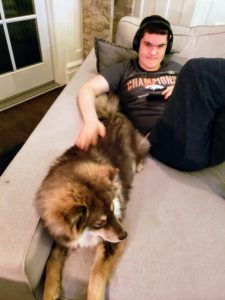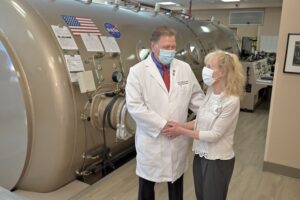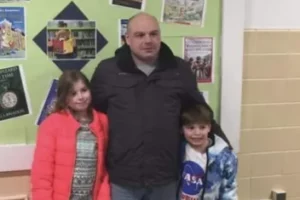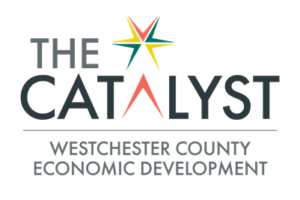
Since schools closed their doors and opened virtual classrooms, students, parents, teachers and administrators have been forced to think outside the box and re-imagine what education looks like.
It has been particularly challenging for students who struggle to succeed in traditional educational settings and require specialized schools and individualized programs to reach their true potential.
It’s been a roller coaster ride at best, but if we focus on our small moments of success, we have the opportunity to take some of these lessons back into the physical classroom once we return.
OVERWHELMINGLY POSITIVE
Kieran, a twice-exceptional 2nd grader from Croton-on-Hudson, and his mom Laura, shared that while there have been some bumps in the road, Kieran’s virtual learning experience in an Online Special Education Program has been overwhelmingly positive. He initially struggled to adapt to full–day, synchronous remote learning in his busy home environment.
Working collaboratively with a deep understanding of Kieran’s learning style, strengths and challenges, his parents and teachers were able to create a “Calm Classroom,” a separate spot in the house where Kiernan is able to minimize distractions.
They took it a step further and collaborated on curriculum topics that would ignite his passions, which include animals and video games. They involved the entire Lower School in a virtual field trip to Kieran’s favorite nature center that his teachers were able to incorporate into the science and social-emotional learning curriculum.
Kieran’s mom shared that the faculty continues to be highly attuned to his needs, while still maintaining the importance of school structure.
NEW SKILLS
When asked his favorite part of distance learning, Kieran has trouble picking one thing, saying there’s so much to choose from!
He likes the ability to see his friends and teachers throughout the day as well as one-to-one teacher check-ins when he needs more individualized attention. “I’m very proud of all of the new skills I’ve learned,” he says, “like how to share my screen, so my friends could see the first live action game I created in coding class!”
Wyatt, an 11th grader from Irvington, initially responded very positively to virtual learning. He reports that not having to wake up early and take the bus to school has allowed him to sleep in, which is huge in the life of a teenager.
Being able to play with his dogs between classes has been a treasured perk that he is going to miss when he returns to school in person.
CLOSE COLLABORATION
Wyatt’s team noticed that, after several weeks, his engagement and participation were slipping. His mother, Claudia, admits that at times it has been challenging for her son, a twice– exceptional student with learning disabilities, to stay focused.
She says close collaboration with Wyatt’s teachers helped him get back on track. Including Wyatt in the process, showing flexibility, and collaborative problem–solving re–engaged him as distance learning fatigue was setting in.
Both parents report that in many ways their children have been more socially engaged in the virtual classroom. Social distancing and stay-at-home orders have made the school relationships with teachers and peers even more important.
Dr. Alisa Dror, Ph. D, BCBA, is Head of School at The Pinnacle School, a private day school in Stamford, Conn., that enables students in grades 2-12 with language-based learning differences to thrive through small class sizes, individualized academic programming, active problem-solving and relationship building. Pinnacle is NEASC-accredited and a State of Connecticut Special Education School. Learn more at www.pinnacle-ct.org.







